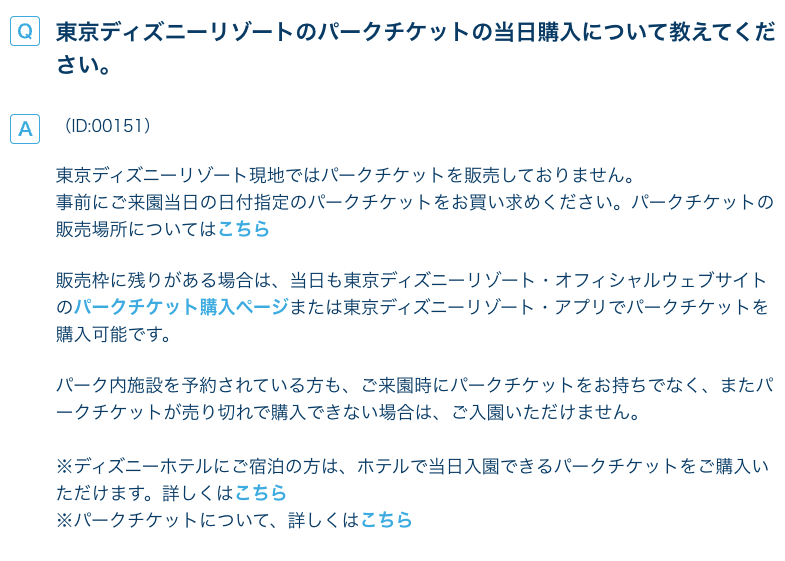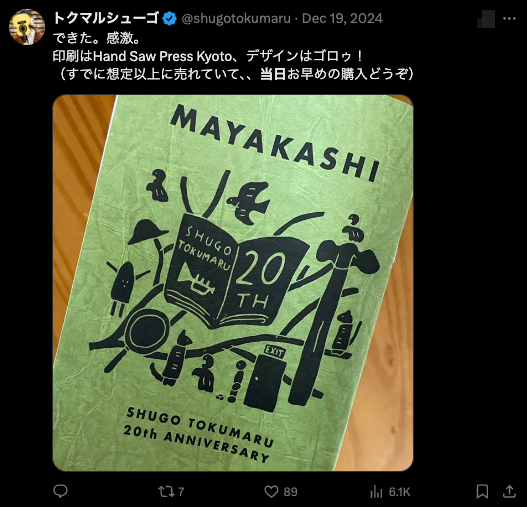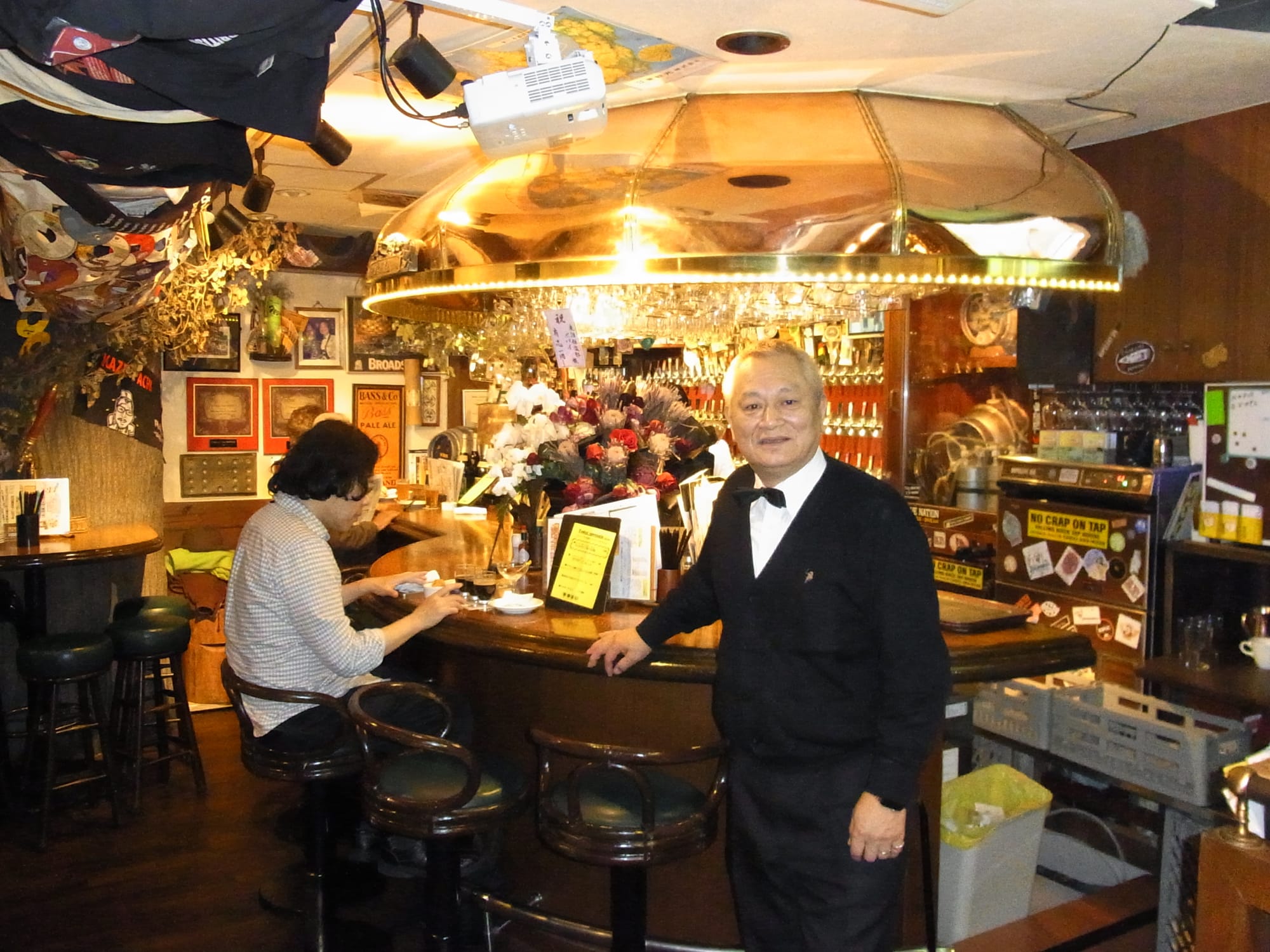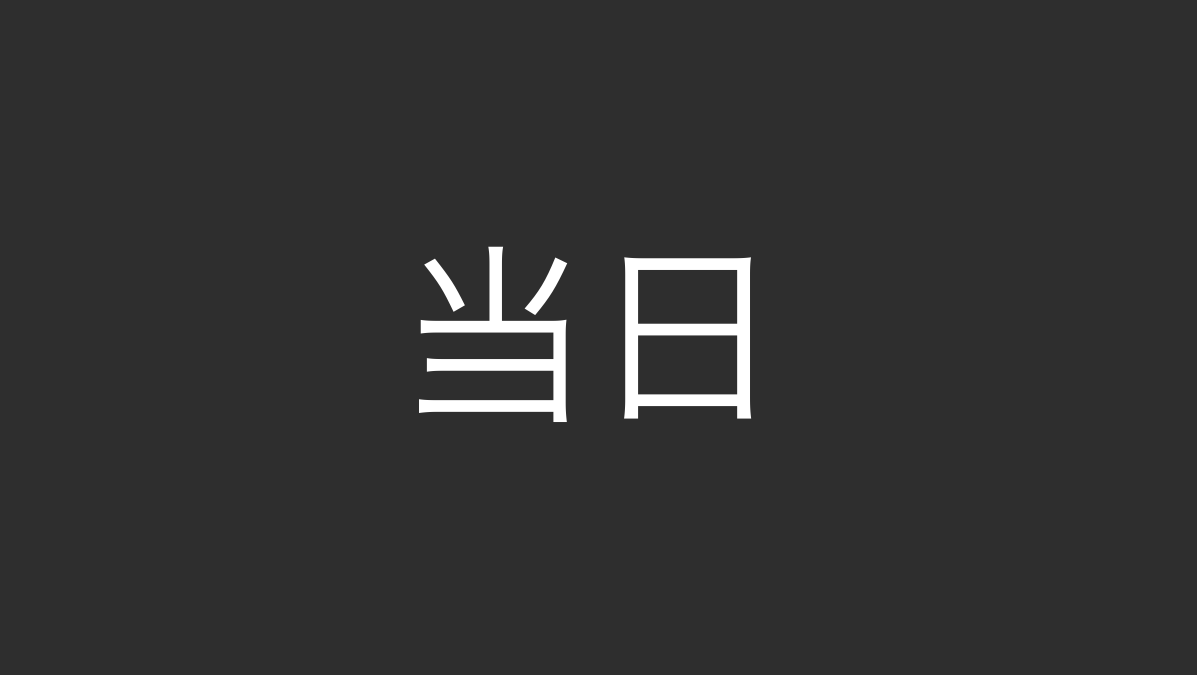This is How to Japanese, a monthly newsletter with something about Japan/Japanese and a dash of いろいろ.
日本・日本語:The day in question
I made a dinner reservation a few months ago, and I was hesitant to add a drink package to the meal. The reservation was for a tasting menu with several small courses, and the drink package paired a glass of wine with each of them. Five to ten years ago, it would’ve been a no-brainer. I would have gladly added the drinks, consequences be damned. But four or five drinks is enough to produce a hangover that will set me back an entire weekend these days, if not longer. I’d rather have one or two, and I’d rather pick the drinks myself; there were no details on the menu about what exactly was included.
But I couldn’t help feeling that I might be missing out, that maybe I would be in the mood for the course, so I emailed to ask if I could add the drink package later. This is the sentence I used:
当日追加してもよろしいでしょうか (Tōjitsu tsuika shite mo yoroshī deshō ka)
Would it be OK to add (the drink package) on the day of?
This sentence got me thinking about the word 当日 (tōjitsu) and how useful it is. In this sentence above, it effectively means “the day I will dine at your restaurant.”
This is a word that took me a while to come to terms with, and the reason why is because it can be any day, in the past or the future. It all depends on the context of the situation.
Here’s the Jisho definition:
day in question; appointed day; that very day; the day (of issue, publication, etc.)
And the Weblio definition:
その日。そのことがある日、またあった日。
That day. The day that will happen/happened.
The Weblio definition is helpful because it more clearly states that it can be past or present.
This month, I thought I’d go over a few phrases that may help you better grasp how 当日 is used.
One of the most frequently encountered words is 当日券 (tōjitsu-ken, ticket for the day of), which is a kind of ticket sold at amusement parks and other locations that are explicitly not a reservation. You walk up and buy the ticket on the day of your visit, thus 当日. There are a cool 222 million hits for this term on Google.
Interestingly enough, Disney does not have 当日券 because they don’t actually sell tickets at the park anymore. This effectively makes every ticket a reservation, even if you book it on the day of, as you can see in the explanation:

The key phrase is ご来園当日 (go-raien tōjitsu, on the day you visit the park). So if you buy a Disney ticket on 当日 it effectively becomes a 当日券, although I think the traditional sense of 当日券 is that someone shows up to the venue on the day of the event/their visit and gets a paper ticket for whatever seats are remaining.
Using 当日券 as a measure, we can consider one usage of 当日 to be forward-looking: It refers to a specific day in the future when something will occur. A visit to an amusement park or a restaurant. Or a concert in the case of musician Tokumaru Shugo who advertised hand-printed material available for sale on the day of his concert:

We look forward from 今日 (kyō, today) or 本日 (honjitsu, today) toward 当日until the moment when there is a brief eclipse and 当日 becomes 本日.
And then we look back fondly (or not so fondly) on 当日. A search for 当日のこと (tōjitsu no koto, the events of that day) in particular gets a lot of hits for the title of blog posts. I can see:
受験当日のこと (The day of the test)
出産当日のこと (The day I gave birth)
誕生日当日のこと (My birthday)
引越し当日のこと (The day I moved)
院試当日のこと (The day I took the graduate entrance exam)
And this is easily enough used in a sentence to efficiently specify which day a writer is referring to. Here’s an example from the first blog post above:
天気や事故による公共交通機関の運転状況も気になるところですよね。実際、当日は雪の予報が出ていましたし。
The conditions of public transportation related to the weather or accidents is also a concern. In fact, on the day of the test the forecast was snow.
The super efficient 当日は enables the writer to specify without getting into the precise language of the day or to have to repeat which day it was.
So we beat on, boats against the current, borne ceaselessly (back and forth) into the 当日. Now that you’ve taken a closer look at this word, I think you’ll start to see 当日 much more frequently and perhaps will be better equipped to handle 当 in all its various permutations. There are a lot of compounds that function similarly.
いろいろ:
- Blog and podcast updated over at HowtoJapanese.com. On the blog, I found two examples of 当日 on Aozora Bunko, and on the podcast I recommend a great flea market in Osaka.
- I learned through a friend that Aoki Tatsuo, the long-time proprietor of Ryogoku craft-beer bar Popeye, passed away recently. I’ve been going to Popeye almost as long as I’ve been visiting Japan. I celebrated my 22nd birthday there (I’m 44 this year!), spent New Year’s Eve there in 2009, and went for pints dozens of times. Aoki-san and the other staff were always incredibly kind. I spoke with him in 2016 when I wrote about craft beer in the Japan Times, and an editor recently reunited me with the photos I took for the article. He was a critical advocate for craft beer in Japan, and in particular real ale. I haven't seen any official news yet, but a few social media posts in English and Japanese online seem to confirm the news. Popeye's latest Instagram update at the time of writing (over a month ago) features Aoki-san talking about the origins of Popeye. Rest in pints, Aoki-san.

- Tokyo-based writer Philip Brasor has a new Substack newsletter Masako's Story about his partner Masako Tsubuku. The writing hooked me immediately. Can’t wait to read further installments. Brasor also writes on his website, and he and Tsubuku write about housing in Japan at Cat Foreheads & Rabbit Hutches.

Member discussion: